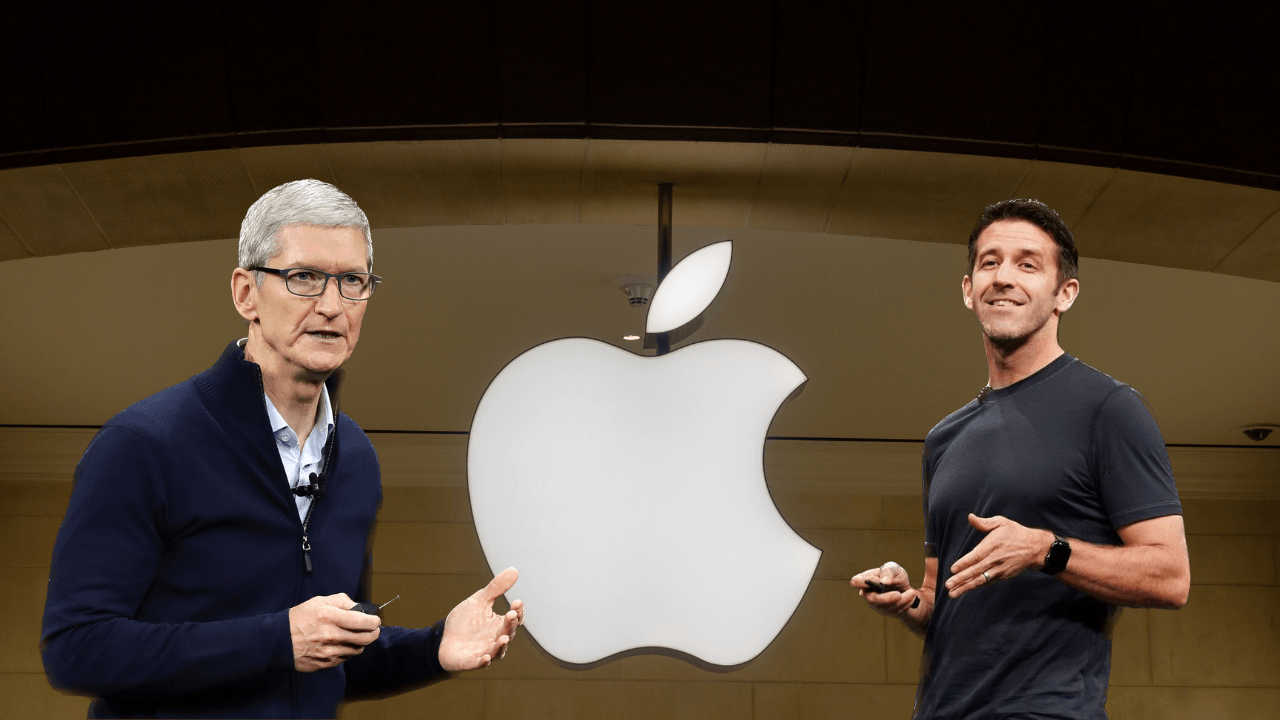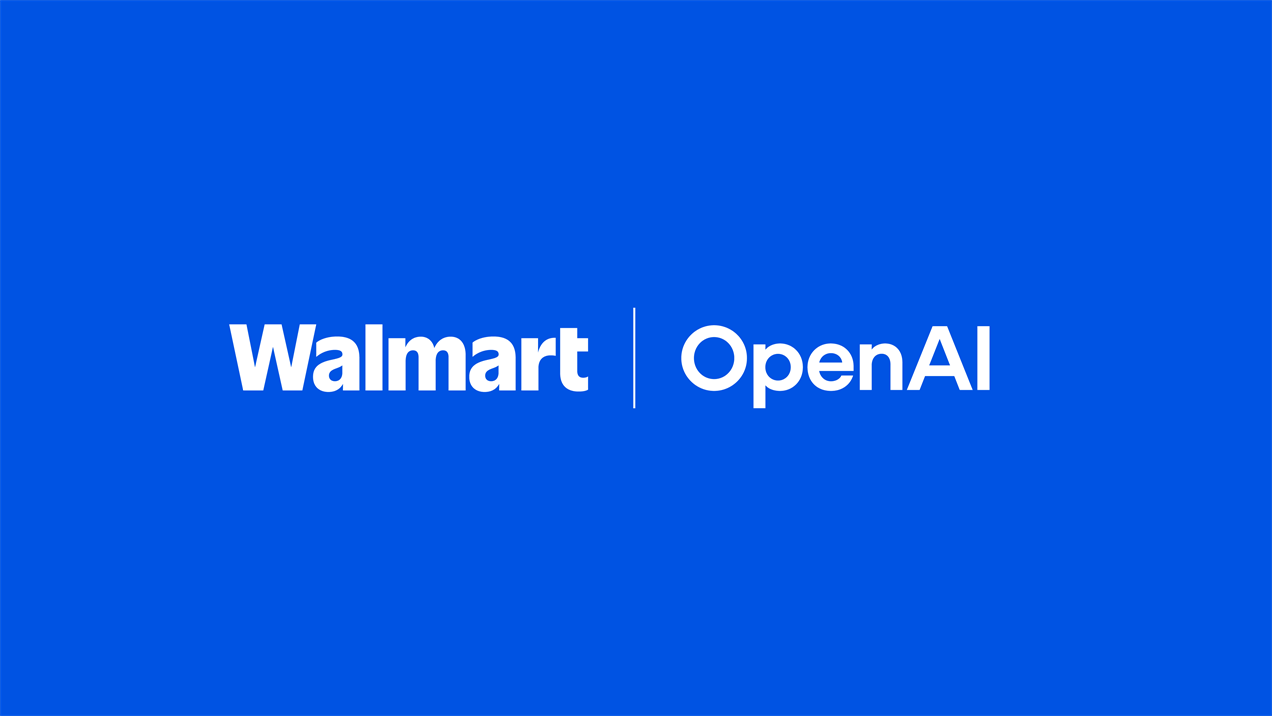How U.S. Consumers Talked About Tariffs in 2025: Wallets, Politics, and Global Tensions

Summary
In 2025, U.S. consumers turned tariffs into one of the year’s most emotionally charged conversations — a mirror reflecting how deeply trade policy touches everyday life. English-speaking Americans largely saw tariffs through the lens of their wallets, describing them as a “hidden tax” driving inflation and testing household budgets, while Spanish-speaking voices focused on global strategy, food security, and U.S.–Brazil–BRICS relations. The digital debate fractured along lines of economics and identity: one camp lamenting higher prices, the other defending tariffs as a show of national strength. Yet across 25 million conversations, both groups arrived at a shared realization — that tariffs aren’t abstract policy levers but forces shaping what people can afford, how nations relate, and who ultimately bears the cost of global tension.
How U.S. Consumers Talked About Tariffs in 2025: Wallets, Politics, and Global Tensions
Total consumer conversations in 2025: 25.14 million mentions — a staggering +1,887% increase over the previous year.
Sentiment breakdown: Negative 39.33%, Neutral 58.28%, Positive 2.40%.
That’s a 16:1 negative-to-positive ratio, underscoring just how dominant the pain and cost narrative became.
English vs. Spanish: Two Very Different Conversations
Across English-language discussions, Americans reacted to tariffs through a wallet-first lens — describing them as a hidden tax that raised the price of everyday goods. These conversations revolved around inflation, cost of living, and leadership identity, with President Trump emerging as a central figure. Roughly one in three tariff-related posts mentioned him directly, and when including the #TrumpTariffs hashtag, he appeared in over half of all conversations.

By contrast, Spanish-speaking consumers in the U.S. focused less on personal household costs and more on geopolitical and agricultural concerns. Discussions linked the newly introduced “Tarifa-Moraes” to U.S.–Brazil relations, BRICS dynamics, and food supply chains. While English-speaking users debated who pays, Spanish-speaking voices emphasized who suffers — farmers, exporters, and consumers caught between global trade shifts.

What Drove the Conversation
People saw tariffs as money taken directly from their wallets. Mentions of “Americans,” “pay,” and “goods,” along with terms like “economy” and “economic,” showed that consumers viewed tariffs as a driver of inflation and price pressure at checkout.
Early on, discussions focused on metals and autos, but quickly expanded to the home — furniture, cabinets, and other large household items. These are purchases families can postpone, and as consumers delayed spending, frustration grew.
Supporters of President Trump often provided a values buffer, framing tariffs as patriotic or strategic moves to strengthen the U.S. economy. Some used humor or irony — words like “hilarious” and “genius” — to deflect criticism and reinforce a sense of national pride. Mentions of farmers and subsidies suggested consumers expected financial relief for groups most affected.
The economic framing was strong: hashtags like #Economy appeared in roughly 14% of all tagged posts, connecting tariff talk directly to inflation, prices, and purchasing power. Many users compared tariffs to income taxes or tax cuts, calling them a hidden tax that cancels out prior savings.
While China dominated the discussion, consumers also mentioned imports from Canada and global trade more broadly, showing awareness that the economic impact extended beyond one country. Across all platforms, the shared theme was clear: Americans felt they were paying the price through higher costs on everyday goods.
Topic Clustering: How Consumers Associated Tariffs
Visualizing the language patterns behind millions of posts revealed three main clusters:

- Red Cluster — “Trade–China–Imports/Exports–Economy” (Problem Frame)
Consumers linked trade primarily to China and imports/exports, with strong associations to economic pain and inflation. The tone reflected cost pressure, not opportunity.
- Gray Cluster — “Trade–Global/Market/Goods” (Informational Frame)
This group reflected neutral, news-driven sharing — people posting articles or analysis about global markets, supply chains, and policy mechanics without taking strong positions.
- Green Cluster — “Trump–America/Farmers/Great/Genius/Hilarious/Good” (Identity Frame)
This segment connected tariffs to leadership, nationalism, and values. Some celebrated tariffs as strength and sovereignty, others used humor or irony. The two camps — economic realists and policy loyalists — largely talked past each other, one focused on household cost, the other on perceived national gain.
Spanish-Language Consumer Insights
Spanish-speaking consumers, particularly within U.S. Latino communities, had a distinct set of priorities and interpretations.
- Agriculture dominated discussions, with 22% of mentions referencing soy, beef, or sugar exports that were likely to face price hikes.
- 25% of posts connected the issue to Trump-era policies and the U.S. stance toward BRICS nations.
- Users interpreted the tariff as part of a broader U.S. strategy to curb anti-dollar movements and assert economic dominance.
- Frequent phrases included “trade war,” “punishment for BRICS,” and “dollar defense.”
- There was strong concern that tariffs of up to 100% could make Brazilian goods uncompetitive in the U.S. market.
- Consumers predicted higher grocery and supply-chain costs, particularly for products sourced from South America.
- Sentiment trends showed widespread fear of inflation spillover into U.S. prices.
- Roughly 15% of users criticized diplomatic inaction, urging better negotiation and “damage control.”
- A small minority framed the tariff as economic discipline, suggesting the policy showed U.S. leverage in global markets.
- Overall, Spanish-language users called for improved communication between governments and the avoidance of escalating retaliations.
Key Takeaway
Tariffs became one of 2025’s most emotionally charged topics — a flashpoint where economics met identity.
For English-speaking Americans, the conversation was about personal cost and national pride.
For Spanish-speaking consumers, it was about geopolitics, food security, and diplomacy.
Despite their differences, both groups shared a common thread: a growing sense that tariffs don’t just shape trade policy — they shape everyday life.
Read More

Apple CEO Speculations Intensified as Tim Cook's Future Remained Uncertain
Speculation around Tim Cook’s future as Apple’s CEO has intensified, igniting global debate about who might lead the tech giant into its next era. With over 56,000 online discussions in just 24 hours, consumers voiced both anticipation and anxiety over potential leadership shifts that could reshape Apple’s identity, innovation pace, and pricing strategy. John Ternus, Apple’s hardware chief, has emerged as the most likely successor—praised for his engineering expertise but questioned for his limited exposure to services and AI. As Apple faces new challenges spanning artificial intelligence, regulatory complexity, and global market pressures, the company’s next leader must balance continuity with transformation. The outcome of this succession could redefine not only Apple’s internal direction but also the trajectory of the entire tech industry.
October 17, 2025
READ MORE

ChatGPT Becomes the New Therapist and Dating Coach for U.S. Adults
A growing number of Americans are turning to ChatGPT not just for information, but for intimacy, reflection, and emotional healing. Between September and October 2025, online discussions about using ChatGPT as a therapist and dating coach surged — revealing a cultural shift where artificial intelligence is stepping into deeply personal spaces once reserved for humans. From helping users process grief and heartbreak to coaching singles through modern dating dilemmas, ChatGPT is becoming an emotional companion for a digital generation. As AI evolves from a productivity tool into an empathetic partner, it’s redefining how people connect, communicate, and care — prompting society to question not just what technology can do, but how it makes us feel.
October 16, 2025
READ MORE

Walmart’s AI Bet Sparks Backlash: Innovation Meets Consumer Anxiety
This collaboration aims to transform how people shop: AI will learn consumer preferences, anticipate needs, and complete purchases automatically, blurring the line between decision-making and delegation. Yet this futuristic convenience has triggered a wave of backlash. Many consumers view the partnership as another step toward automation that prioritizes efficiency over employment, deepening fears of job displacement across the retail sector. Social media reactions reveal a split between fascination and distrust — admiration for Walmart’s technological leap colliding with anxiety about corporate control of AI. The controversy underscores a defining tension of our time: as companies race to make life easier through artificial intelligence, the public is asking harder questions about who truly benefits — and who might be left behind.
October 16, 2025
READ MORE

Behind the Breakthrough: How RILA GLOBAL CONSULTING Supported a Newly FDA-Approved Oncology Therapy
RILA played a critical role in supporting the recent FDA approval of a breakthrough oncology therapy designed for patients with limited treatment options after first-line chemotherapy. Acting as a strategic insights partner, RILA provided end-to-end intelligence—from identifying and engaging key opinion leaders to conducting patient unmet-needs analysis, complaint listening, and investor relations research. Our integrated approach combined social listening, pharmacovigilance, and competitive intelligence to guide scientific communication, regulatory readiness, and launch strategy. This approval not only represents an important advancement for patients and the oncology community but also highlights how RILA’s data-driven, patient-informed methodologies empower biopharma companies to bring meaningful, evidence-based innovations to market.
October 14, 2025
READ MORE

The Starbucks Effect in Reverse: What Store Closures Reveal About Housing and Community Stability
Once a marker of rising property values and revitalized streets, Starbucks’ retreat now sparks fears of community decline and economic fragility. As residents lament the loss of their local café, they’re really mourning a deeper shift—the unraveling of a familiar urban narrative where growth was measured by the green siren’s glow. In the “Starbucks Effect” reversed, America’s coffee map may be telling a new story about housing, belonging, and the fragile balance between commerce and community.
October 10, 2025
READ MORE

Why Food & Beverage Brands Can’t Ignore TikTok Recipes
The food and beverage industry is no longer shaped solely by glossy ads or in-store promotions — today, viral content and online conversations, especially on platforms like TikTok, drive consumer choices before they ever step into a store or restaurant. Brands that harness social listening and combine it with traditional market research can detect emerging trends, anticipate shifting tastes, and transform fleeting viral moments into lasting growth. At RILA Global Consulting, we turn digital chatter into actionable intelligence, helping companies stay ahead of the curve, innovate products, and craft culturally relevant campaigns that build loyalty and boost sales. In a world where trends can explode overnight, the ability to listen, interpret, and act is the ultimate competitive advantage.
October 3, 2025
READ MORE

How Airlines Can Detect Service Issues Before They Escalate Online
In today’s hyper-digital world, the battle for airline loyalty is no longer fought in loyalty programs or post-flight surveys—it unfolds in real time across TikTok feeds, Twitter threads, and Reddit forums. A single complaint can snowball into a viral crisis, yet the same digital conversations hold the key to preventing service failures and building trust. By merging social listening with market research, airlines can shift from reactive crisis control to proactive service strategy, transforming fleeting frustrations into lasting loyalty. The question is no longer if airlines should listen—it’s whether they can afford not
October 3, 2025
READ MORE

Consumer Insights on Smart Homes and Energy Efficiency
The energy and utilities sector is no longer about static bills and passive consumers—it’s about dynamic, digital-first relationships shaped by real-time conversations. From Reddit threads about thermostats to viral reviews of solar devices, consumers are rewriting the rules of engagement, demanding smarter, greener, and more personalized solutions. Companies that rely only on traditional surveys risk being left behind, while those embracing always-on social listening and market research gain the ability to anticipate needs, spark innovation, and lead the transition toward sustainable living. The question is: will brands continue to react to yesterday’s data, or will they start shaping tomorrow’s energy future today?
October 3, 2025
READ MORE

From Dealerships to TikTok: How Online Conversations Drive Auto Sales
The automotive industry is no longer ruled by showroom floors and brochures; it now thrives in the digital chatter of social media. Platforms like TikTok, Instagram, and Reddit have become the modern dealerships, where viral videos, candid reviews, and peer discussions shape the decisions of an increasingly informed consumer. Brands that harness these online conversations through social listening, analytics, and targeted engagement gain a strategic edge, transforming digital influence into tangible showroom visits and sales. RILA Global Consulting shows that understanding not just what consumers say—but how, where, and when they say it—can redefine the entire car buying journey, turning fleeting social trends into measurable business growth.
September 29, 2025
READ MORE